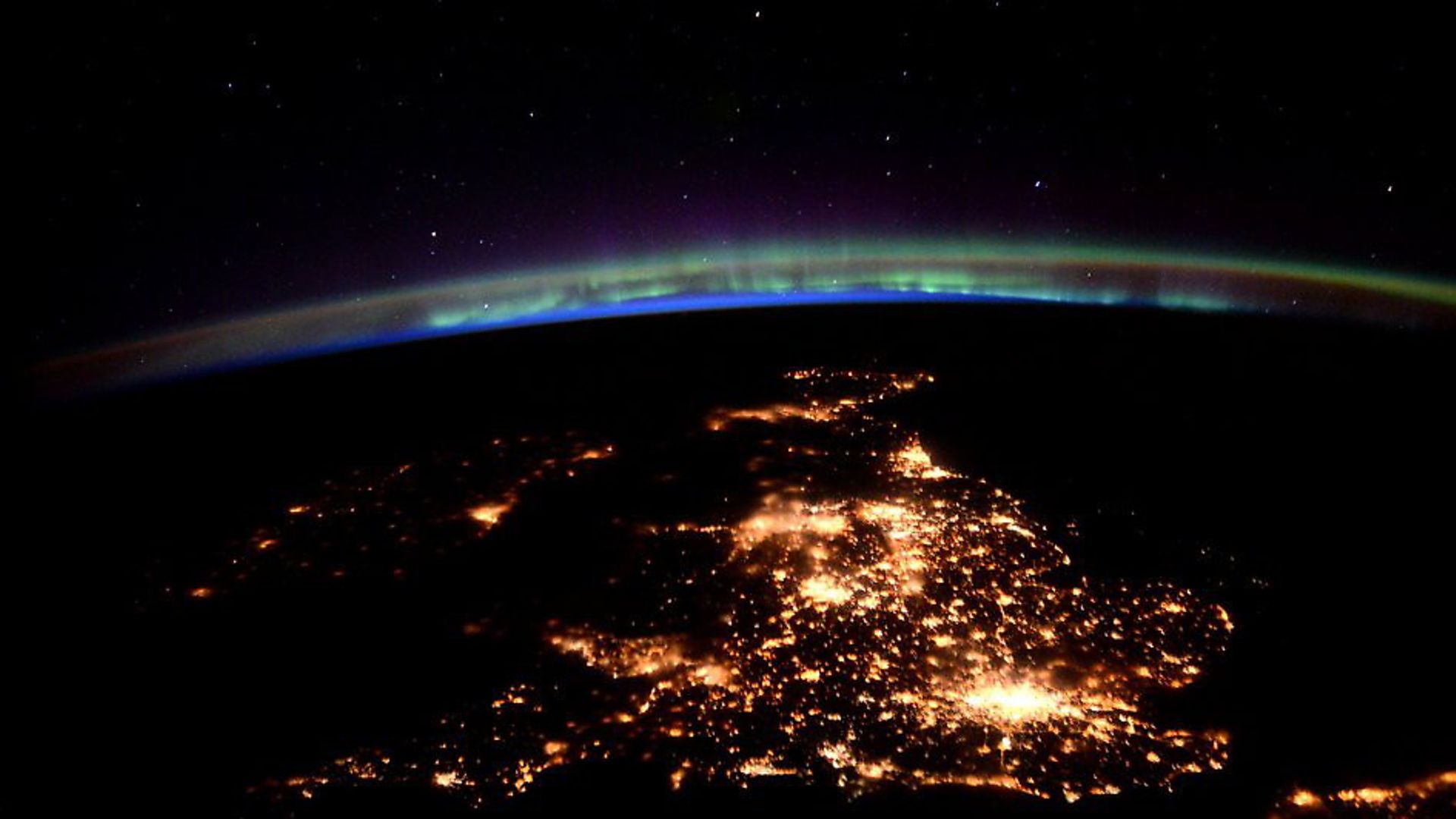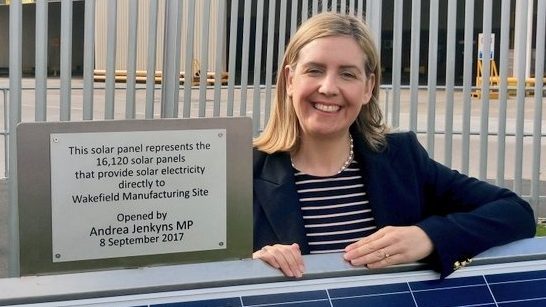
China’s out of control space station, which is set to come crashing out of orbit this weekend, offers an alarming metaphor for the possible trajectory of Britain’s multi-billion-pound space industry after Brexit.
The sector, which is worth £14 billion a year and estimated to contribute £250 billion to the wider economy, was almost universally dismayed by the result of the referendum. As Richard Peckham, head of trade organisation Ukspace and director of strategy for Airbus Defence & Space, put it: ‘I don’t think I’ve met anybody in the space industry or academia who wants Brexit.’
Along with broader warnings, about how the sector will cope with the likely impact on the cross-border movement of goods, services, data and people, on which it relies, there have also been specific and immediate threats to the sector. This includes uncertainty over the UK’s continued participation in the EU’s Galileo navigation and Copernicus Earth observation programmes, as well as others like Govsatcom (which deals with communications), IRIS (air traffic management) and SSA/SST (space debris).
Peckham, and others in the sector, have said that the impact of Brexit has already been felt, with foreign customers and suppliers making contingency plans to exclude British firms, as a precaution, in case UK companies become ineligible for future contracts.
His advice to the government has been not to approach negotiations with the EU in an ‘adversarial manner’, because other countries might see this as an opportunity to take work from the UK, while UKspace also outlined five things it wanted from negotiations with the EU: to retain full access to EU space programmes; to avoid UK industry being marginalised; to retain access to and influence in the collaborative R&D programmes run by the EU; to maintain access to the EU pool of skilled labour; and to keep frictionless access to the EU single market without burdensome customs and administration.
There is no evidence that ministers have been listening to these pleas, but space has certainly been elevated to the higher echelons of government this week, after it was revealed the European Commission had written to the UK to explain that it would be inappropriate to divulge highly sensitive information to a departing member state about post-2019 contracts for the secure element of its Galileo satellite navigation system.
‘If the commission shared this information with the UK (which will become a third country) it would irretrievably compromise the integrity of certain elements of these systems for many years after the withdrawal of the UK,’ the letter said.
It suggests Britain’s space industry will be locked out of the programme, with its companies frozen out of the next round of long-term contracts relating to the system – which are expected to be awarded in June.
Basic navigation services from the Galileo satellites are available for all, but use of the encrypted, robust Public Regulated Service (PRS) is designed for government-authorised users – such as the military, fire brigades and the police – and is restricted to those inside the EU.
The row suggests that every fear the industry has may be realised. The sector is so closely entwined with Europe that after the UK leaves the EU, it risks being lost in space.
This is not to say that ‘Europe’s’ space ambitions equate to the EU’s, of course. The European Space Agency (ESA) is a separate body, after all, and not part of the EU. Norway and Switzerland are members of the ESA, for example, but not members of the EU. And not all of the EU’s 28 members are members of ESA.
But the EU itself is a major contributor to ESA, principally for the Galileo global navigation satellite system (GNSS), which began operations in December 2016, and the Copernicus Earth observation programmes, and it is likely to become ever more involved in this field.
Airbus UK and other British space companies believe their expertise puts them in a strong position to win more Copernicus business and there will be dozens of new lucrative Copernicus contracts up for grabs in the next two to three years. But the latest row over involvement in Galileo might indicate otherwise.
The UK’s space industry, which provides jobs for around 40,000 people, has been doing well, buoyed by its previous close involvement in European space programmes, and is currently showing growth of around 7% a year. The sector’s success has helped prompt the Space Industry Act 2018, which received Royal assent earlier this month and is aimed at providing a regulatory framework for the commercial launch of satellites from UK spaceports.
Though receiving much publicity this is perhaps more a flight of fancy than anything grounded in near-term reality, and should not be seen as something that would provide anything like an alternative to ESA membership.
Plans for commercial spaceflight launches from UK spaceports might become more viable in the future with cheaper launch systems, including some of the horizontal launch systems with which entrepreneurial UK space businesses are involved. On the other hand, several of the proposed spaceport locations are in Scotland, which might be affected if the country, which voted to remain in the EU, had a further independence referendum and decided to leave the UK in order to seek membership of the EU.
So what of the future of the UK space programme? As ESA and the EU are separate organisations, the UK will most likely continue with ESA membership as the preferred option for the foreseeable future.
Although it is possible that the UK might look for other models, including a home-grown space programme, it is highly unlikely that Britain alone could undertake the breadth of activities in space science and technology that has been possible as a member of the ESA, including human spaceflight.
Stormy waters lie ahead for any organisation linked to Europe and the knock-on effects of Brexit for one of the UK’s most buoyant and future-looking industries and the thousands of people it employs couldn’t be more profound.
Clive Simpson is a freelance journalist and managing editor of ROOM – The Space Journal









